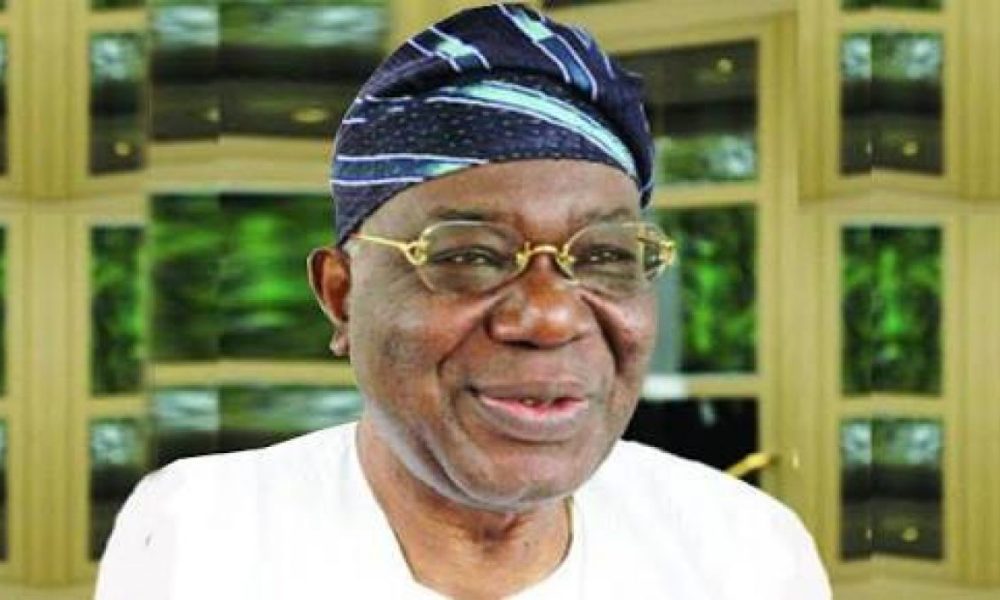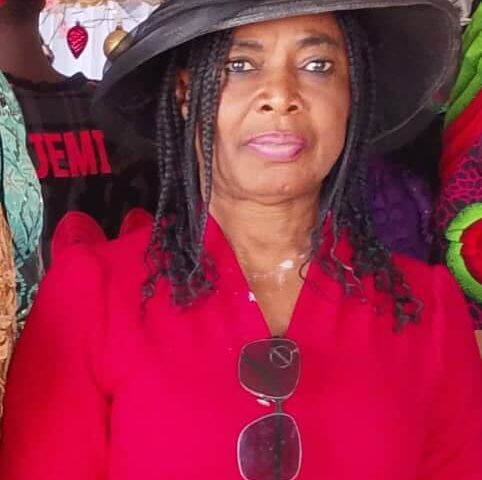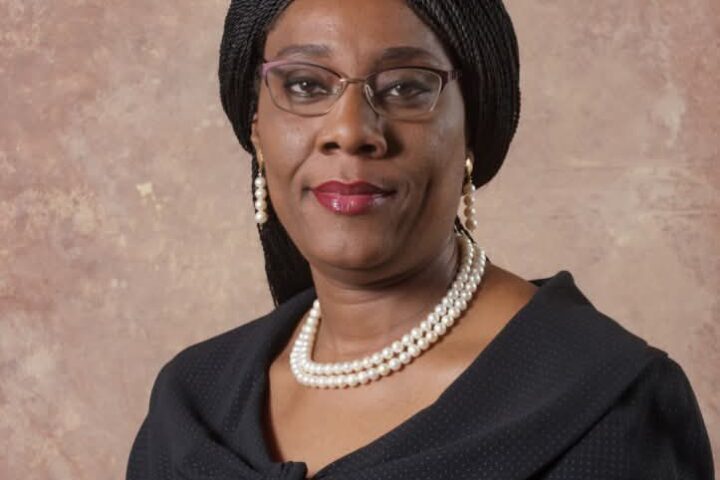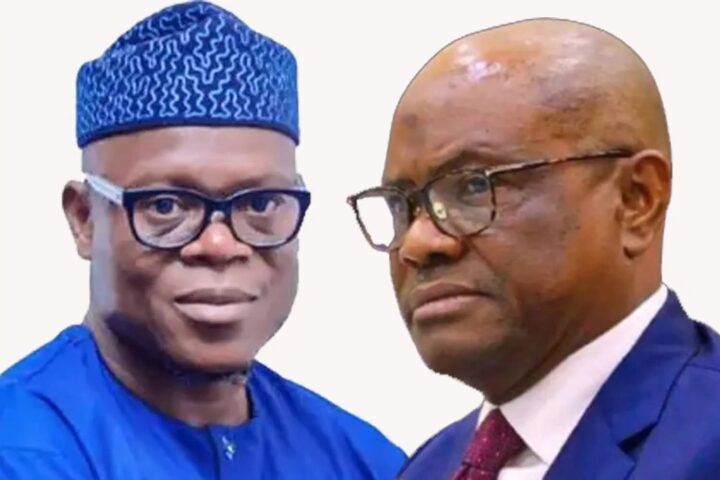
Chief Ernest Shonekan who headed the Interim National Government that succeeded the junta of General Ibrahim Babangida, has died.
Shonekan died at a hospital, in the Lekki area of Lagos state, at the age of 85.
He was a British – trained Nigerian lawyer, industrialist, and traditional chief.
He was the interim head of the Nigerian Government between August 26 and between August 26 and November 17 1993 when he was ousted in a coup led by late General Sani Abacha.
He became the Head of the Interim National Government of Nigeria
The largely powerless government was dissolved when General Sani Abacha seized power on 17 November 1993.
Under the ING the country suffered runaway inflation and saw strikes by workers in various sectors. Most foreign investors withdrew apart from oil companies. Shonekan made efforts to have government debt forgiven.
He drew up a timetable for return to democracy and for withdrawal of Nigeria’s contingent from the ECOMOG preackeeping force in Liberia. He also launched an audit of the Nigerian National Petroleum Corporation, the largest oil company, and tried to restore civil liberties.[citation needed]
Shonekan managed to remove laws that allowed arbitrary arrest and confiscation of property, promoted press freedom, obtained the release of some political prisoners and made reforms to the corrupt public services and state-owned companies
.No clear process was given for holding fresh elections, and there was general political uncertainty under the Shonekan government.
The ING faced media campaigns against the delay in returning to democracy and the continued involvement of the military in politics. The government was opposed by pro-democracy activists, civil society organisations, labour unions and students.
The Lagos high court nullified Shonekan’s appointment and called for Abiola to be sworn in as the elected candidate for the presidency.
General Sani Abacha forced Shonekan to resign on 17 November 1993, and as the most senior military officer took over as head of state.
Prior to his political career, Shonekan was the chairman and chief executive of the United African Company of Nigeria (successor of The Niger Company), a vast Nigerian conglomerate, which at the time was the largest African-controlled company in
Shonekan joined the United Africa Company of Nigeria in 1964, at the time a subsidiary of the United Africa Company which played a prominent role in British colonisation. He rose through the ranks in the company and was promoted assistant legal adviser. He later became a deputy adviser and joined the board of directors at the age of 40. He was made chairman and managing director in 1980, and went on to cultivate a wide array of international business and political connections.
















